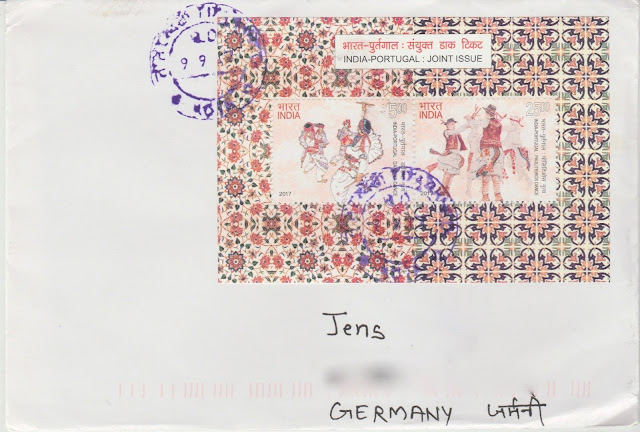The German Maritime Search and Rescue Service (German: Deutsche Gesellschaft zur Rettung Schiffbrüchiger - DGzRS) is responsible for Search and Rescue in German territorial waters in the North Sea and the Baltic Sea, including the Exclusive Economic Zone. The headquarters and the Maritime Rescue Coordination Centre of the Society are located in Bremen, Germany. It was founded in Kiel on 29 May 1865. It owns 61 lifeboats at 54 stations which are operated by 185 employed crew members and 800 volunteers.
The DGzRS operates 59 vessels on 54 stations in the North Sea and Baltic. 20 of which are seagoing cruisers (German: Seenotrettungskreuzer) between 20 m and 46 m of length and 39 vessels are classified as inshore lifeboats (German: Seenotrettungsboote). A feature of the cruisers is that all but the 20-m class carry a fully equipped small lifeboat on deck which can quickly be released through a gate in the aft for conducting operations in shallow waters.
In this Post I'd like to show you some Covers from my collection with Ship-Cancellations and/or
Cachets of these Cruisers and Lifeboats.
1. SK Bernhard Gruben
This is a 23.1-m class Cruiser. It's homeport is Norderney, which is one of the seven East Frisian Islands off the North Sea coast of Germany. As you can see from the Cachet this Cruiser got a small but fully equipped lifeboat on Deck. The Cruiser was built in 1997 and was named after Bernhard Gruben, a foreman, who died in accident in 1st January 1995.
2. SK Anneliese Kramer
This is a 28-m class Cruiser. It's homeport is Cuxhaven. This is a very new Cruiser, which was built in 2017 and it also got a lifeboat on Deck. The Cruiser was named after Anneliese Kramer, who donated much of her fortune to DGzRS after she died.
3. SRB Secretarius
This is a small 9,5/10,1-m class Boat and also one of the newest. It's homeport is the East Frisian Island Langeoog. The Ship Commissioning Ceremony was held on 12th August 2017 in Berne, Germany. On the Cover you can see the Cachet for this Ceremony. The Boat was named after the Organisator of the so-called "
Bremer Eiswette", which is an annual bet since 1829 if the River Weser in Bremen is frozen on the 6th of January or not.
















































